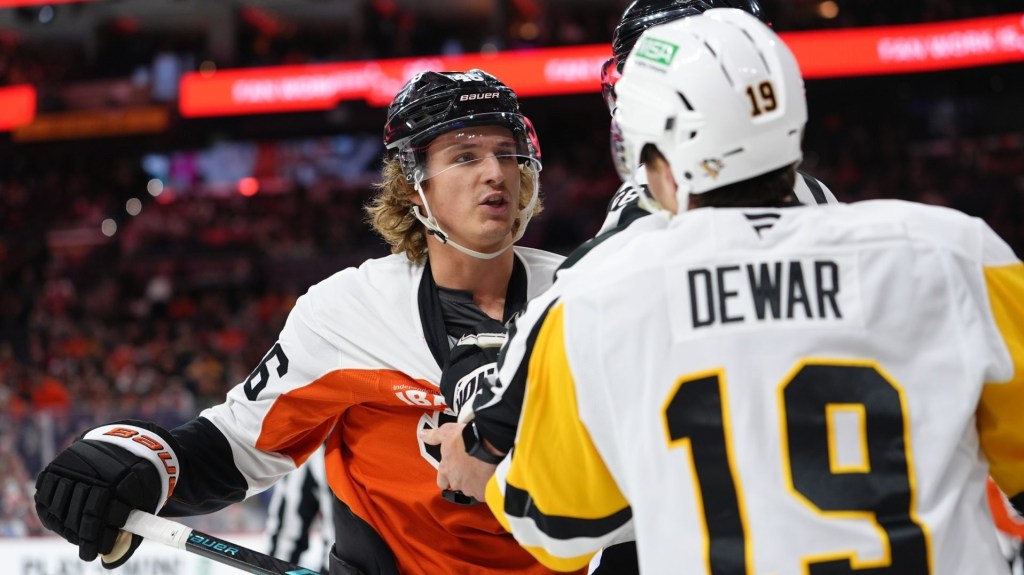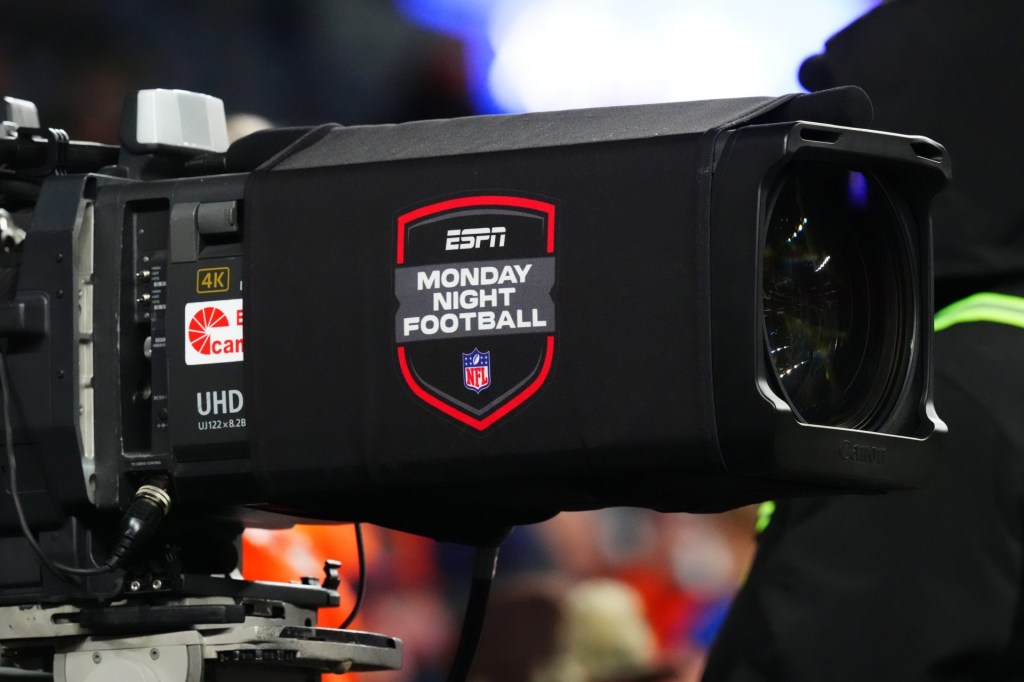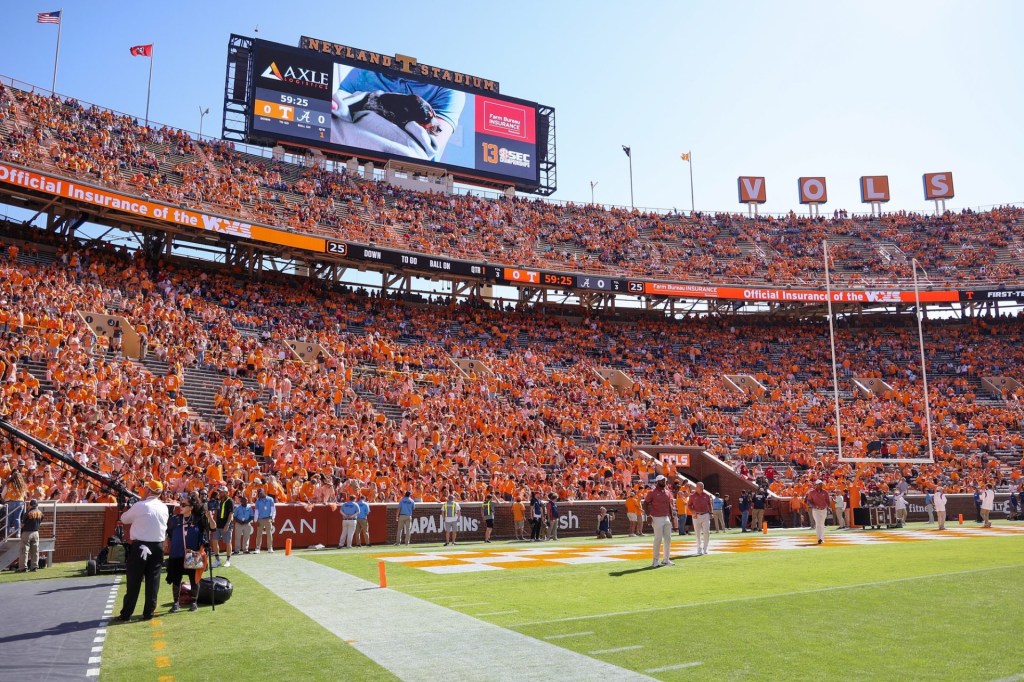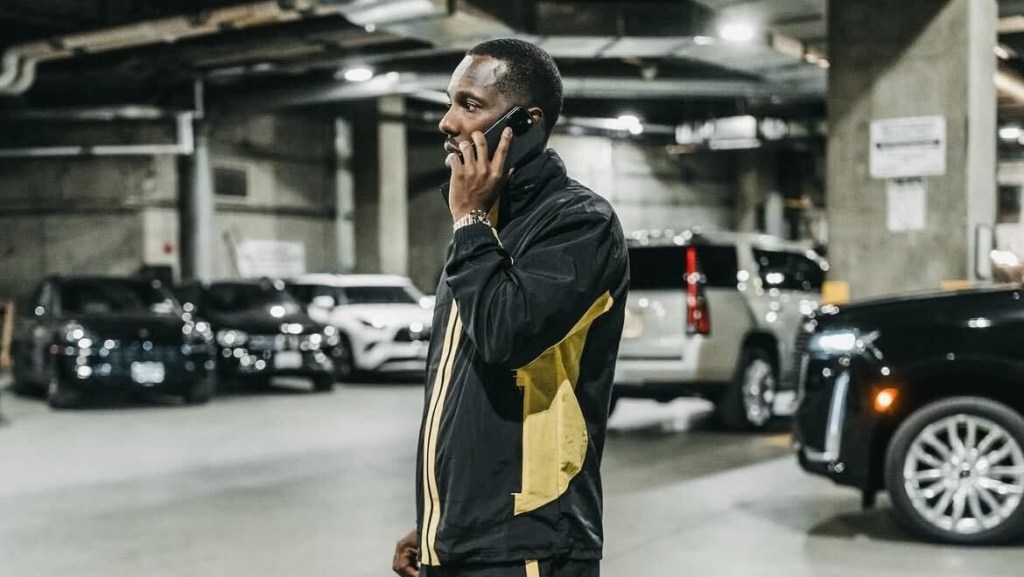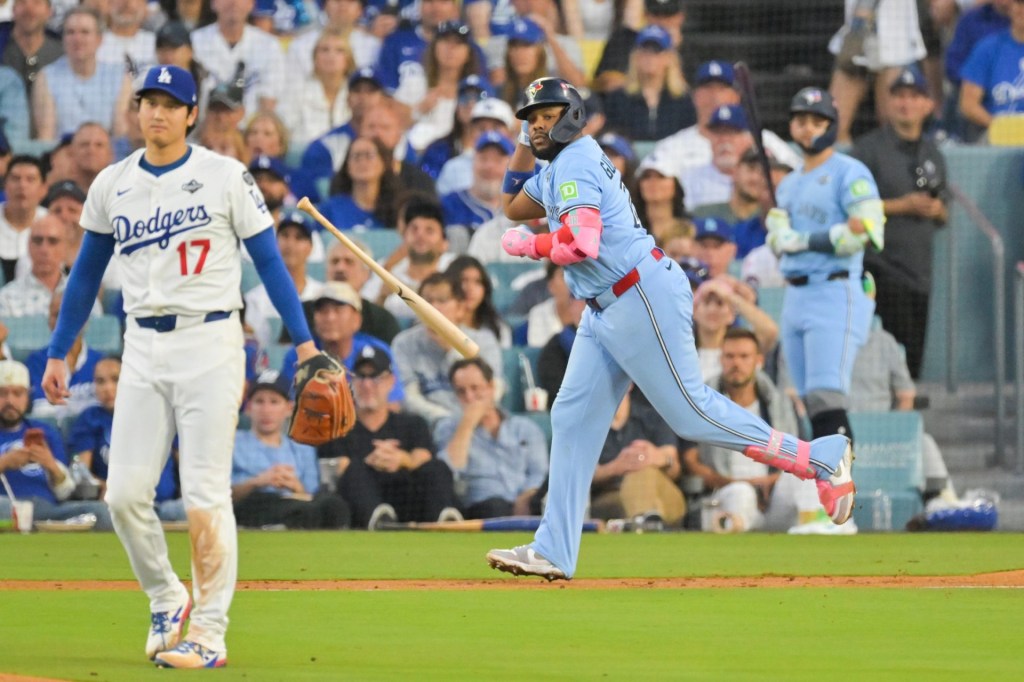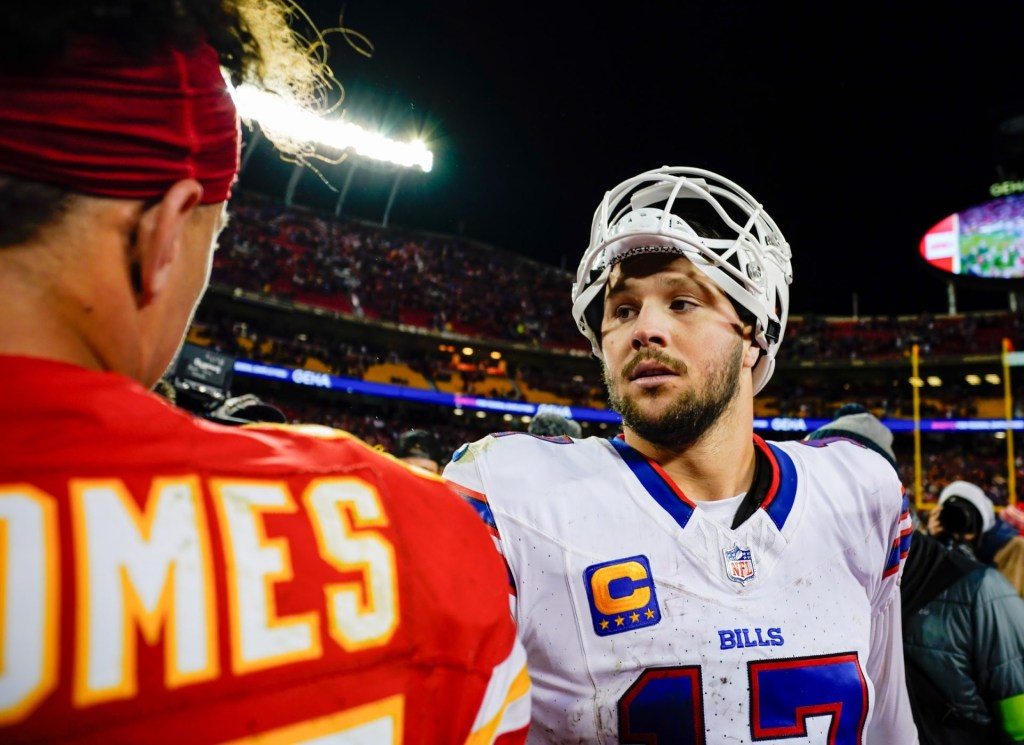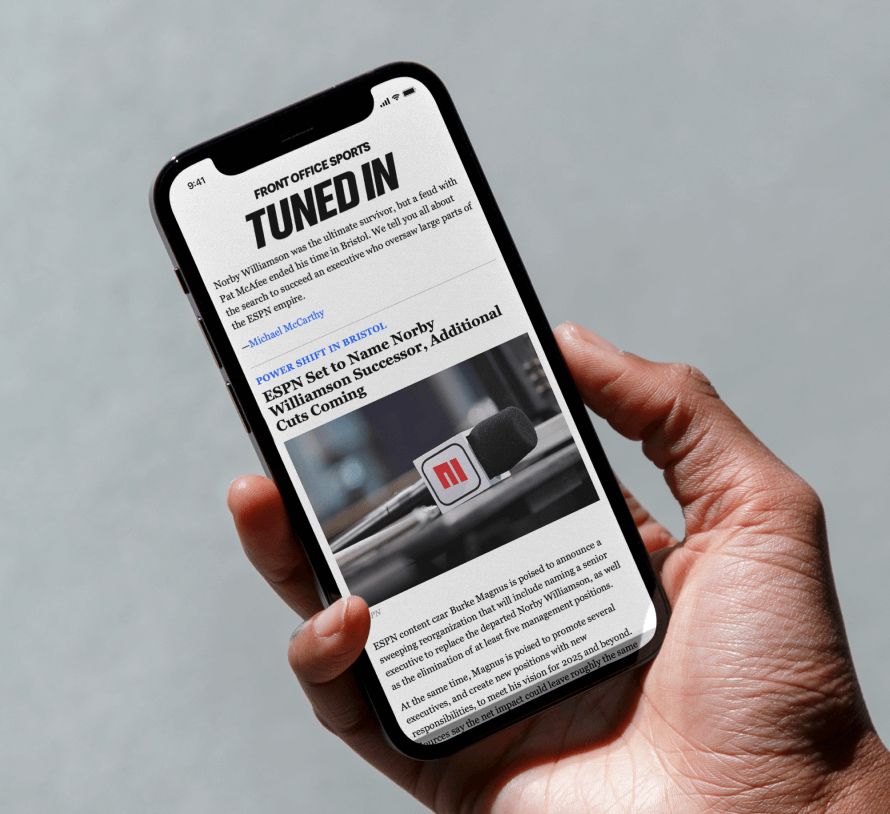The blockbuster ESPN-NFL deal could bring one of the league’s most popular products to college: RedZone.
On Tuesday, ESPN and the NFL announced the agreement, giving the NFL a 10% stake in ESPN (worth an estimated $2.5 billion) in exchange for many of the league’s key media assets, including NFL Network and its RedZone brand. As part of the deal, ESPN has acquired not only distribution rights to RedZone, but also its trademark name—opening up the possibility of a college football version of the show.
“We have the opportunity to expand the RedZone brand to other sports, other leagues,” ESPN chairman Jimmy Pitaro told Front Office Sports this week. “We would do that in partnership, and in concert, with the NFL. Of course, the other leagues would need to agree to it. We’re starting to think about what we can do. We are very passionate about the RedZone brand. We think it’s very compelling and there’s a lot of value there.”
Trying to monetize the fervent enthusiasm around RedZone in college football makes strategic sense for ESPN. But the logistics could be challenging, especially licensing highlights from broadcasts for games not owned by ESPN.
The sports media giant is the clear leader in the space, boasting an exclusive media-rights agreement with the SEC, rights to most ACC games as well as extensive rights to the Big 12, American, Sun Belt, Mid-American conferences, and more. This year, ESPN will show approximately 1,000 regular-season games across its platforms before the College Football Playoff national championship on Jan. 19, 2026.
But ESPN doesn’t control all of college football’s big-time TV inventory. ESPN and the Big Ten Conference ended their four-decade-long relationship in 2022; as a result of a $7 billion deal forged in 2023, the Big Ten’s TV rights are now split between Fox Sports, NBC Sports, and CBS Sports. The Fighting Irish of Notre Dame have had their own TV deal with NBC since 1991. If the proposed ESPN-NFL deal goes through, ESPN will have the rights to all NFL games for use on NFL RedZone—but may only have the rights to its own games for a potential College Football RedZone.
“Yes, ESPN could create its own kick-ass version of RedZone with SEC games. Or the SEC, ACC, and other games. But what if it can’t show Ohio State or Michigan?” noted one source. “Will fans watch that? That’s the question.”
There are ways ESPN can try to get around the thorny issue of who owns rights to which games. Sports networks typically have in-progress, highlight exchange agreements with other broadcasters. These highlights typically range in length from 30 to 45 seconds. But there’s a difference between that and the more extensive live game “look-ins” viewers are accustomed to on NFL RedZone.
ESPN can try to negotiate more highlights/look-ins. But that would probably require all-new deals in a complicated process that would likely involve rival networks and conferences that may or may not cooperate with ESPN.
“Maybe ESPN gets there, maybe they don’t, maybe ESPN just does it with their own games,” said another source. “But these conferences don’t just let you do whatever you want with their content. Yes, ESPN would be able to show a lot of games. But they’d miss some marquee ones, too.”
Then, too, there’s the future of the ESPN-NFL deal itself. When FOS talked to Pitaro this week, he was confident the proposed deal would pass muster with the feds. But antitrust regulators, or President Donald Trump himself, could intervene. Gaining regulatory approval from the federal government will likely take a year or more, with Disney’s CFO saying Wednesday that he didn’t expect the deal to close until the end of 2026.
Also, while NFL RedZone is a phenomenon, the format would not be exclusive to ESPN. Any network or sports league can create a whip-around highlight show. NBC Sports, for example, had a monster hit during the Paris Olympics with its Gold Zone show on the Peacock streaming platform, with Hanson hosting the Olympic knockoff. The reaction was so positive that Hanson and Gold Zone will be back for the 2026 Milan-Cortina Winter Olympic Games.
ESPN has attempted college sports whip-around shows before. It produced a show called ESPN Goal Line for football and ESPN Buzzer Beater for basketball; both shows have been discontinued. One reason, say sources, was that they didn’t get enough access to games spread across dueling networks. The Big East first broadcast men’s basketball whip-around coverage to kick off its season in 2021, and both CBS and ESPN have attempted similar coverage for both men’s and women’s March Madness. (ESPN still does college baseball and softball whip-around shows during the baseball and softball College World Series, called Squeeze Play and 7Innings Live, respectively.)
But if the ESPN-NFL deal gets approved, only ESPN will have the rights to the RedZone trademark. If ESPN wants to create line extensions off that powerful brand around college football, the NBA, or the NHL, it’ll have the backing of the NFL.
“Certainly you could see different RedZones with different sports,” NFL chief operating officer Hans Schroeder told FOS. “They could certainly build out the RedZone channel to be more than seven hours a week if they wanted to.”
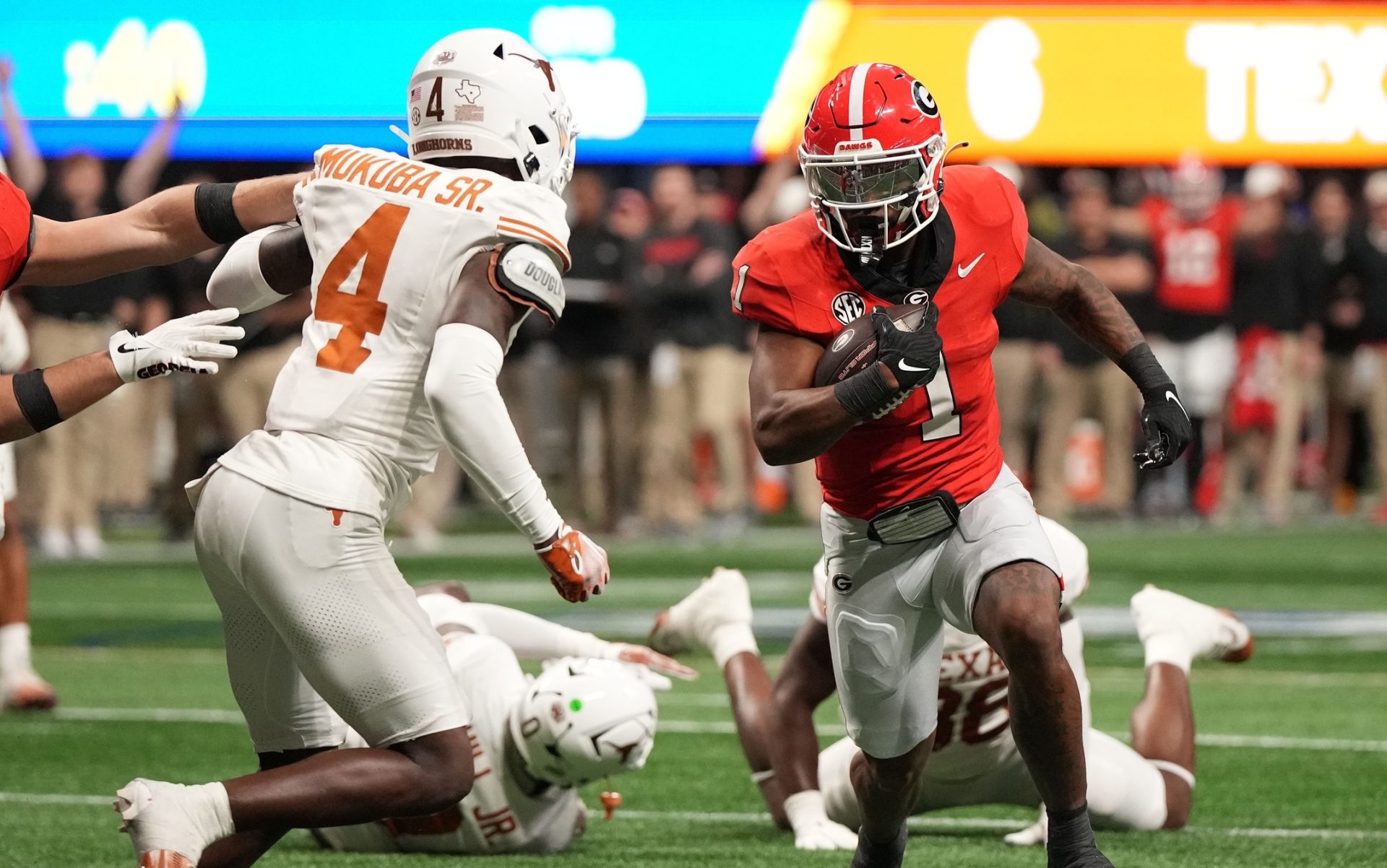
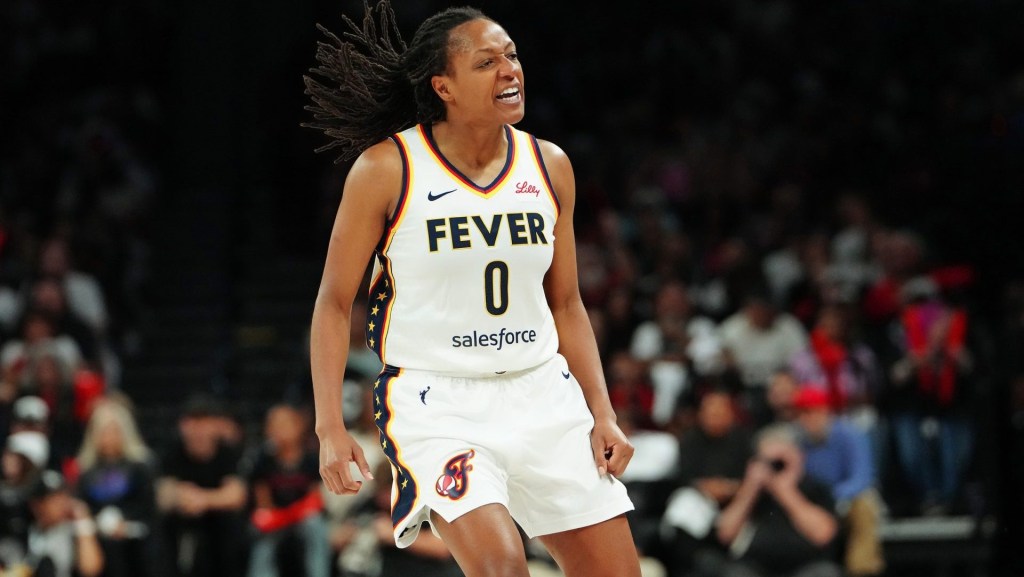
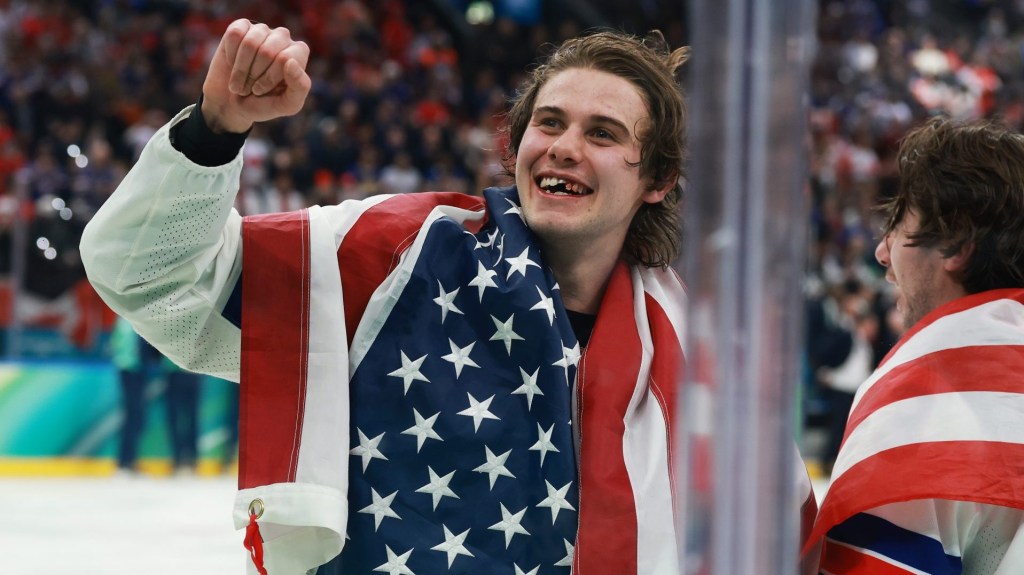
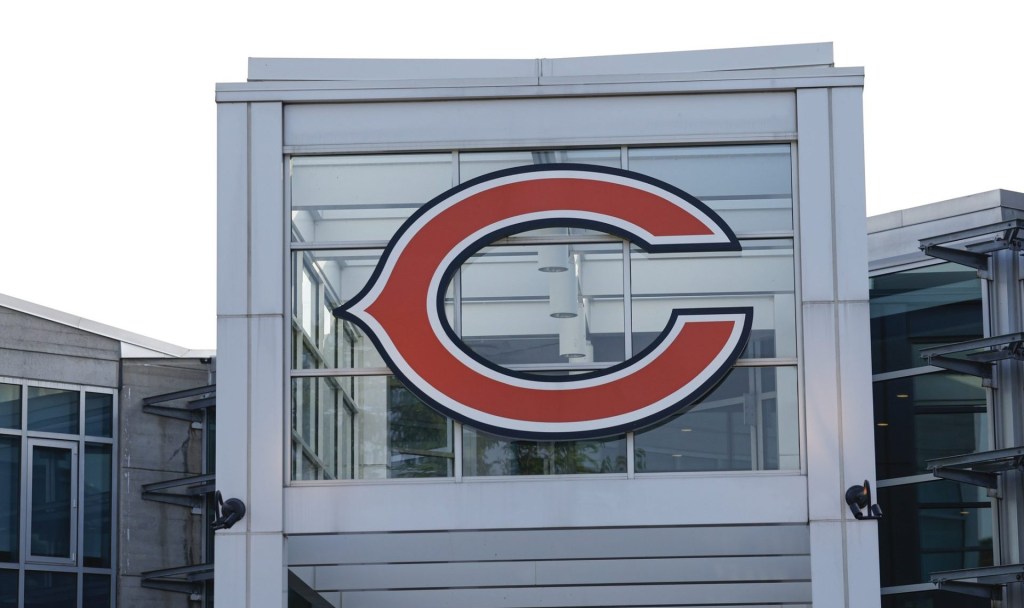
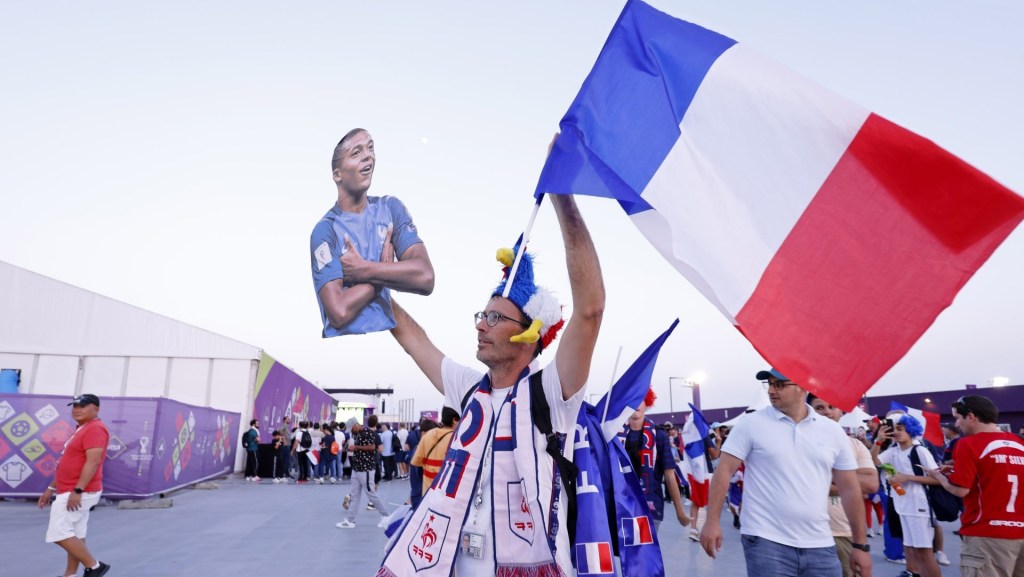
![[Subscription Customers Only] Jul 13, 2025; East Rutherford, New Jersey, USA; Chelsea FC midfielder Cole Palmer (10) celebrates winning the final of the 2025 FIFA Club World Cup at MetLife Stadium](https://frontofficesports.com/wp-content/uploads/2026/02/USATSI_26636703-scaled-e1770932227605.jpg?quality=100&w=1024)




